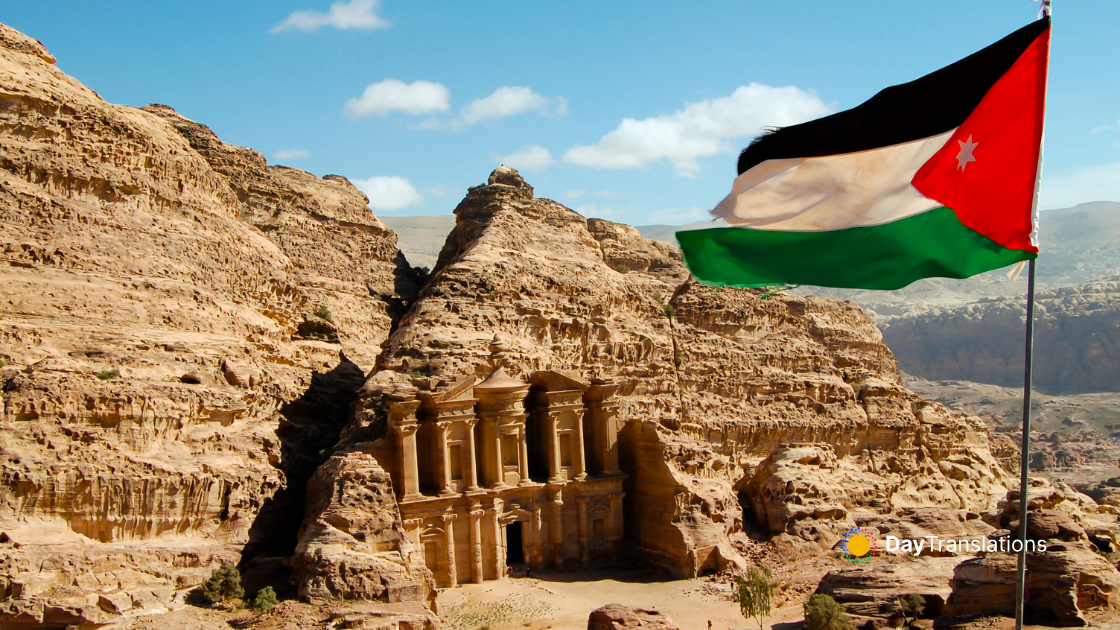Famous Ivorian People: Ivorian Artists, Scientists, Leaders, Musicians, Politicians and Athletes
In this Country Profile
Cote d’Ivoire or Ivory Coast is a melting pot of cultures and ethnicities with outstanding individuals who made a difference with their remarkable achievements.The following people made their mark on both the local and international scenes. They are just some of many famous Ivorians who have lifted Ivory Coast’s name worldwide and made a difference in our world. Their purpose and stories inspired awe if not greatness.
:: List of Famous People from Ivory Coast ::
Queen Abla Pokou
Queen Abla Pokou was a courageous woman who guided the Baoulé people from the territory that is now Ghana to Cote d’Ivoire. According to the legend, she was forced to sacrifice her own child in order to cross a river. After immolating her own son, the queen said “Ba ouli”, which means “the child is dead”. Since then, the word Baoulé designates the descendants of the people who were guided to Cote d’Ivoire by Abla Pokou.
Félix Houphouët-Boigny
Félix Houphouët-Boigny affectionately called Papa Houphouët or Le Vieux, was the first President of Cote d’Ivoire and the first African to become a French cabinet minister. Originally a village chief, he worked as a doctor, an administrator of a plantation, and a union leader, before being elected to the French Parliament and serving in a number of ministerial positions in the French government. From the 1940s until his death, he played a leading role in the decolonization of Africa and in his country’s politics.
Henri Konan Bédié
Henri Konan Bédié was the President of Cote d’Ivoire from 1993 to 1999, and he is currently the President of the Democratic Party of Cote d’Ivoire – African Democratic Rally (PDCI-RDA).
Bernard Bilin Dadié
Bernard Bilin Dadié is a prolific Ivoirian novelist, playwright, poet, and ex-administrator. Among many other senior positions, starting in 1957, he held the post of Minister of Culture in the government of Cote d’Ivoire from 1977 to 1986. He worked for the French government in Dakar, Senegal, but on returning to his homeland in 1947, became part of its movement for independence. Before Cote d’Ivoire’s independence in 1960, he was detained for sixteen months for taking part in demonstrations which opposed the French colonial government. In his writing, influenced by his experiences of colonialism as a child, Dadié attempts to connect the messages of traditional African folktales with the contemporary world. His humanism and desire for the equality and independence of Africans and their culture is also prevalent.

Sorry, the comment form is closed at this time.